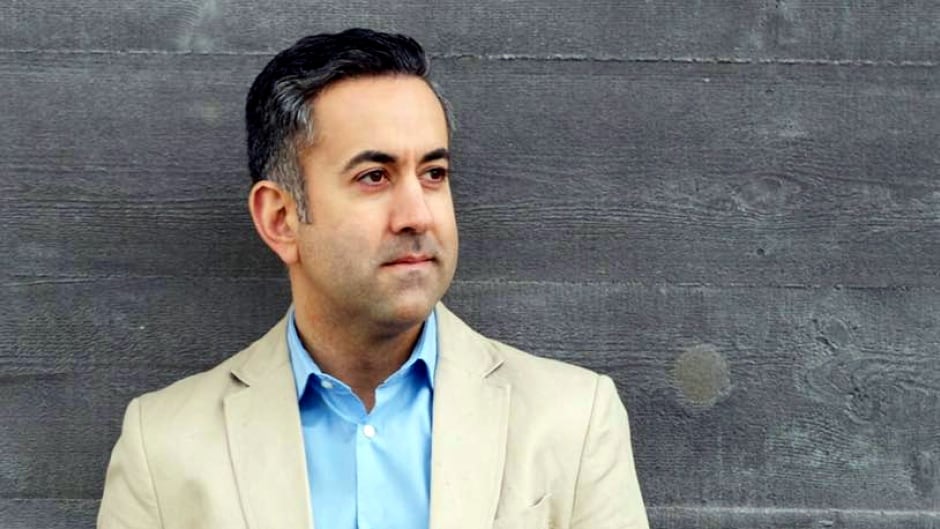 Why the Pacific Prosperity Network has progressives concerned | | |  | | | An attempt by a B.C. billionaire to influence local elections across the province this fall has received plenty of attention, but its ambitions this October may decidedly be more modest than some might assume.
“We’re sort of at our limit,” said Micah Haince, executive director of the Pacific Prosperity Network, explaining why his organization has postponed an event to train municipal candidates until after the election.
With less than three months until the election, and with Haince as the organization's only full-time employee, he says there’s not enough time or resources to successfully hold the event and help additional candidates.
Haince, a B.C. Liberal supporter who ran George Harvie’s successful mayoral campaign, launched the organization a year ago.
He says the idea is fairly straightforward: to provide training and support right-wing and centre-right candidates running for political office.
Ordinarily, this wouldn’t get tongues wagging. But that was before Chip Wilson opened his mouth.
“The right-leaning taxpayer has little chance of being heard from again,” the Lululemon founder wrote in a letter, revealed by Dan Fumano in the Vancouver Sun, where he said he provided $380,000 to the PPN and encouraged other business people to do so as well.
From there, people noted that PPN managed the Facebook page for B.C. Proud, part of an influential network of right-wing digital advocacy groups across Canada that have had overlapping contributors and origin stories.
People started connecting dots and raising concerns, especially because organizations that focus on training and message support aren’t subject to the same restrictions and transparency requirements as politicians and third-party advertisers.
At the same time, Metro Vancouver is a much tougher nut to crack than provincial and federal politics for influencing elections: with 21 separate municipalities, all with different issues, most of which have little to do with larger culture war debates, it’s much harder to scale up digital campaigns.
For his part, Haince says he’s not doing any work in Surrey or Vancouver, because it’s too crowded a field to ensure success (also, he noted, Vancouver is less fertile ground politically for right-wing candidates than its suburban neighbours).
And he pointed out there are organizations that provide similar training and support to centre-left and left-wing municipal candidates in B.C., with one holding an event just a few weeks ago.
That all may be true. Or Haince could be understating the extent of his goals and postponing his event in an attempt to receive less attention.
But it brought to the forefront two consistent issues in politics.
One, billionaires like to spend money to gain influence.
And two, when they talk openly about it, many people without either become worried. | | |  | | | 3. Kelowna | But there are places where people are still wondering if their mayor will seek re-election, including Prince George, Langford and Nelson. The situation has raised the most questions in Kelowna however, both due to the importance of the community, but also the fact that Mayor Colin Basran has put out well-produced videos in recent weeks that critics contend look like campaigning using city resources. Read more in Castanet | | | | | | Share this newsletter | | or subscribe if this was
forwarded to you. | | | | That's it for this week! In the meantime, check out the latest headlines at cbc.ca/bc and follow our municipal affairs reporter Justin McElroy on Twitter. And if you have any questions you might want answered in a future mailbag, drop Justin a line at metromatters@cbc.ca. | | | |

